 |
 |
|---|
|
|
|---|
 |
 |
 |
 |
|---|---|---|---|
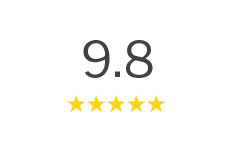 |
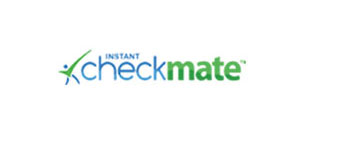 |
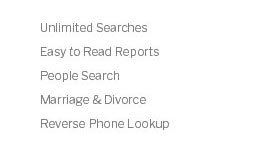 |
|
 |
|||
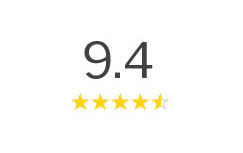 |
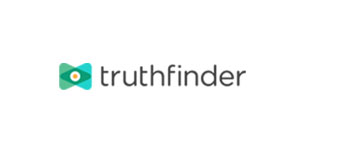 |
 |
|
 |
|||
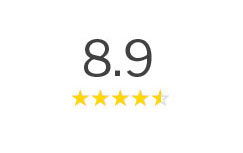 |
 |
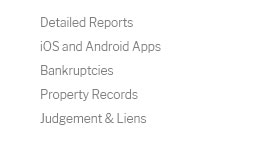 |
|
 |
|||

online background checks and criminal reports explained for everyday decisionsWhat they areOnline background checks and criminal reports aggregate public records-court filings, arrest logs, registries, and address histories-into searchable profiles. They’re fast and relatively affordable, but results can be incomplete or stale, and common names create false matches, so treat findings as an initial guide. Where the data comes fromData flows from county courts, state repositories, federal dockets, and commercial compilers. Some jurisdictions limit access or update slowly. A thorough search spans multiple levels to reduce blind spots and verify identity before drawing conclusions. Practical uses and limitsIn everyday life, people vet contractors, caregivers, roommates, or partners; small landlords screen applicants. Use them ethically: follow FCRA for employment or housing decisions, obtain consent when required, and avoid overweighing dismissed cases or very old minor offenses.
For high-stakes decisions, pair online searches with county checks or a professional screener to turn raw hits into reliable insights.
|
|---|